Content:
Raspberry is a berry that has a lot of useful properties, it makes delicious jam, baked goods, compote. Today, it is grown on almost every household plot. Of course, raspberries are finicky and require some care, which gardeners do well with. But rarely does anyone think about what can be planted next to raspberries in order to increase their fruitfulness. Some "neighbors" contribute to a beneficial effect on each other, thereby increasing yields and creating the most favorable climate for proper growth. Others, on the contrary, may have a negative impact on the growth of culture, displacing it and suppressing normal development.
Why you can't plant some plants nearby
In the plant world, some varieties affect each other differently when planted side by side. Thus, the yield and proper crop growth can improve, or, on the contrary, significantly decrease. Therefore, it is not only the correct planting and care of the plant that matters, but also what is growing in the neighborhood.
Agronomists divide conventionally neighboring cultures according to the degree of influence on each other into:
- positive neighborhood, when neighbors are in good harmony with each other, having a beneficial effect on growth and productivity;
- a neutral neighborhood does not in any way have a positive or negative effect;
- oppressive neighborhood can not only slow down the growth and development of culture, but also lead to death.
Therefore, the cultivation of raspberries largely depends on whether they will be in beneficial harmony with the culture growing nearby. If you follow the recommendations of experienced gardeners, then not only fertility will increase. Raspberries will creep and grow less, resulting in higher yields and less maintenance required.
On a note. It is not at all necessary to grow other vegetation next to raspberries; in this case, you will have to allocate a significant part of the site. And often in the garden, every square meter counts. It is much easier to consider the compatibility of raspberries with other plants.
What you don't need to plant
Some crops should not be planted in close proximity to raspberries, since they not only hinder its growth, but release so-called inhibitory substances that can completely survive the plant.
Depressants in agriculture include colins. Colins are organic substances that, in the course of their vital activity, release higher plant cultures. These substances have an overwhelming effect on some crops, inhibiting their development and leading to death.
That is why there are a number of plants that absolutely cannot be planted close to raspberries:
- It is not worth planting parsley, radishes near raspberries, they can significantly slow down the growth of a shrub, thereby even changing the taste of berries for the worse;
- The combination of raspberries and grapes is not welcome, the grapes take away all the nutrients, gradually leading to death;
- It will not work to grow a raspberry bush and sea buckthorn, jasmine, nasturtium, hosta or elderberry in the immediate vicinity, they act very depressingly on the berry;
- A number of flowers, for example, marigolds, iris, hosta, significantly affect the raspberry bush.In no case should they be planted together on the same bed, the yield drops significantly;
- Raspberries, strawberries, blueberries and strawberries do not get along well with each other, since their root system is approximately at the same level in the soil, respectively, they compete with each other for nutrients, pests and diseases they also share. It is better to plant each species separately from each other;
- A raspberry bed in close proximity to cherries does not contact each other well. Cherries contribute to a significant decrease in fertility, since May beetles often lay their eggs on cherry branches. The larvae that appear happily feed on the raspberry root system.
Important! It is recommended to maintain a distance between crops of at least 7-10 meters, or even more.
Note! To grow a good harvest of raspberries, with juicy and sweet berries, it is worth selectively combining plant crops growing in the same garden.
What is best to plant next to raspberries
Some vegetation not only gets along next to raspberry plantations, but is also "friendly" from the first days, in other words, it is possible to single out what raspberries are best combined with:
- The most favorable "friend" of raspberries is the apple tree. These 2 crops protect each other, contributing to a good harvest. An apple protects raspberry bushes from gray rot, and that, in turn, from scab;
- Dill planted nearby with its bright aroma attracts insects pollinating its flowers to the flowering bushes of raspberries;
- It is recommended to plant pear, plum, mountain ash, lilac nearby. Red and black currants, gooseberries also get along well up close;
Important! Black and red currants do not get along very well with each other, constantly competing for nutrients. Therefore, they are planted either at a distance of several meters from each other, or separately. But this in no way affects the neighborhood between currants and raspberries negatively.
Important! Many summer residents, trying to achieve the best effect, plant currants and an apple tree in the immediate vicinity of the raspberry tree at the same time. At the same time, they do not ask themselves the question of whether it is possible to plant an apple tree next to currants. These crops are in good harmony with each other, provided that they are planted at a distance of several meters, since currants like to grow.
- A number of decorative flowering plants will promote the growth of new shoots: roses, juniper, barberry, peonies;
- Cucumbers, tomatoes, potatoes coexist well nearby. These cultures have a beneficial effect on each other, raspberries improve the taste of berries;
- Combines with raspberry bramble plantations. Moreover, many are interested in whether raspberries are pollinated or not. You can definitely say - yes! For example, due to the fact that blackberries grew in close proximity to raspberries, and cross-pollination occurred, a hybrid variety appeared - the Tyberry ezhemalina. Accordingly, the answer to the question whether raspberries of different species and varieties are pollinated is unequivocally positive;
- The vetch-oat mixture planted between the rows is of great benefit to the root system, which rather quickly forms a single green mass, which acts as a fertilizer for the soil, and the number of weeds is also reduced. Accordingly, the growth of new shoots, and, consequently, the volume of the harvest increases significantly.
Beneficial effects on raspberries
Raspberry culture is well adjacent to a large number of plants. Moreover, in some cases, they complement each other, improving taste and productivity, protecting against pests and a number of diseases.
Plants can be distinguished that protect raspberries from pests:
- Spicy herbs such as marjoram, basil, parsley effectively fight raspberry fly. Their specific smell, constantly in the air, scares away flies;
- Medicinal herbs with a bright aroma, planted in close proximity to raspberry bushes, scare away a number of pests. Therefore, gardeners recommend planting calendula, chamomile, tansy, and yarrow nearby. The pest simply does not feel the raspberry smell, it is interrupted by the floral scent;
- Garlic (its rich garlic aroma) repels dangerous insects;
- Nettle is rarely present in the gardens of summer residents, however, raspberries are only beneficial, protecting the juicy fruit from insects that want to feast on them;
- The smell of red elderberry is quite unpleasant for many insects, so its close proximity favorably affects the raspberry beds.
For a number of plants, raspberries are themselves an aggressor, which slowly but surely captures the territory, gradually expanding and surpassing its area.
But there are cultures that prevent its active reproduction:
- If you plant sorrel around the area with raspberries, then the growth of raspberries will stop, since the sorrel has a certain acidity, which prevents the raspberry root system from creeping;
Important! The sorrel planting width must be at least 0.5 meters.
- The broomstick, according to a number of agronomists, is a weed from which they clear their garden. But if you look at it from the other side, it holds back the spread of raspberries well, since its roots go deep into the ground, thereby preventing the rapid growth of the root system of its neighbor, and also retains moisture in the soil;
- A neighbor like corn will help reduce the growth of raspberry bush;
- Stringy green beans can significantly reduce the growth, since during the growth process their root system releases specific components that inhibit the growth of new raspberry shoots.
When choosing what can be planted next to raspberry plantations, it is worth following the recommendations of experienced agronomists and remembering once what can be planted nearby, and which vegetable or fruit should be excluded from the "friends". A different neighbor has an effect on raspberries: positive, neutral or negative. Blackberry and raspberry plots, apple plantings, currants coexist seamlessly nearby.
Also, do not forget about the required care of the berry: it is worth planting it in open ground, every autumn, if necessary, trim and bend it. If winter is expected to be harsh, use a cover material. This applies to all varieties of raspberries, regardless of whether a yellow or red fruit grows on a bush. As a reward, there will be a large harvest, from which you can make the most delicious summer dessert, for example, a mousse-strawberry cake.
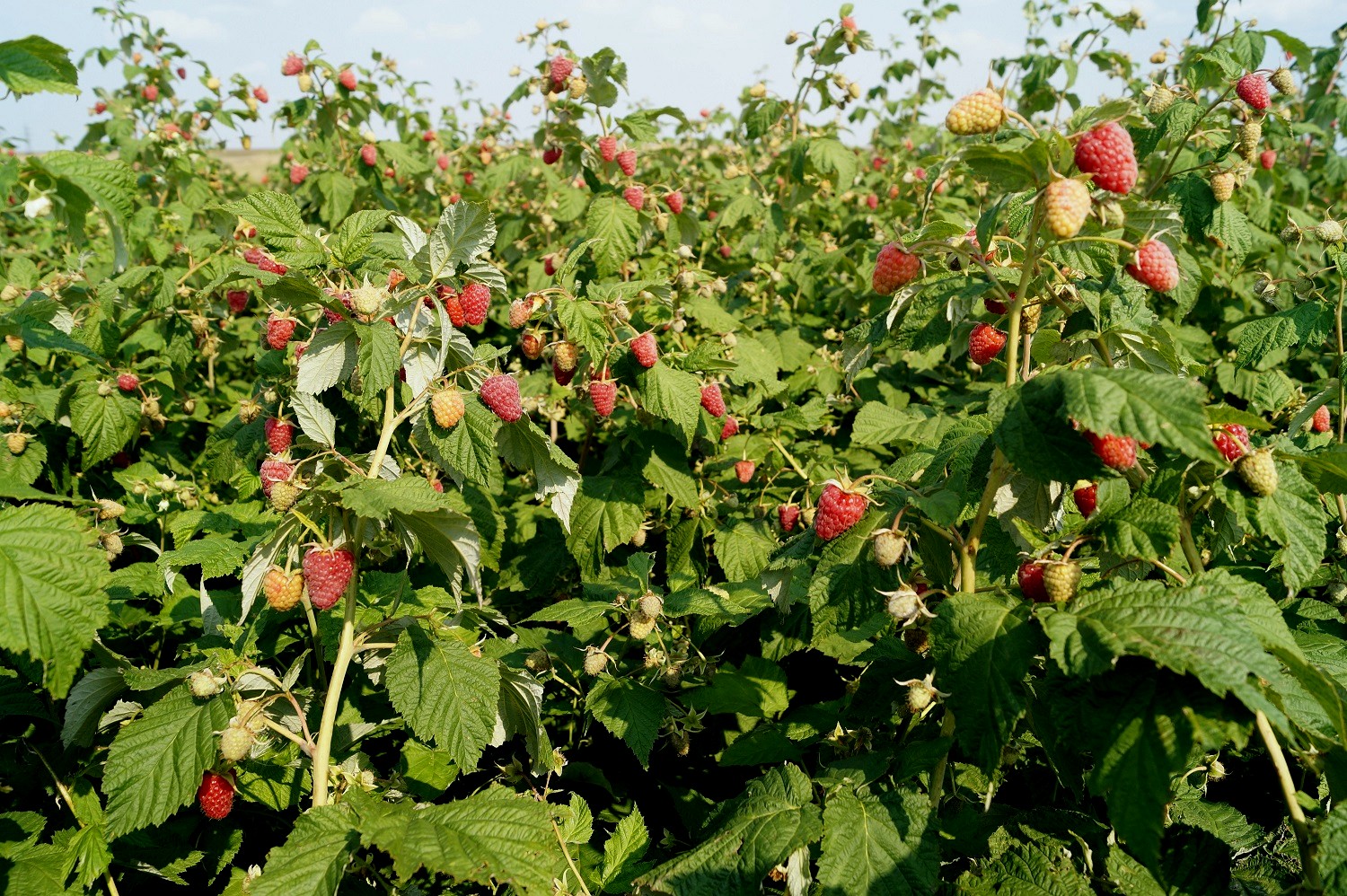
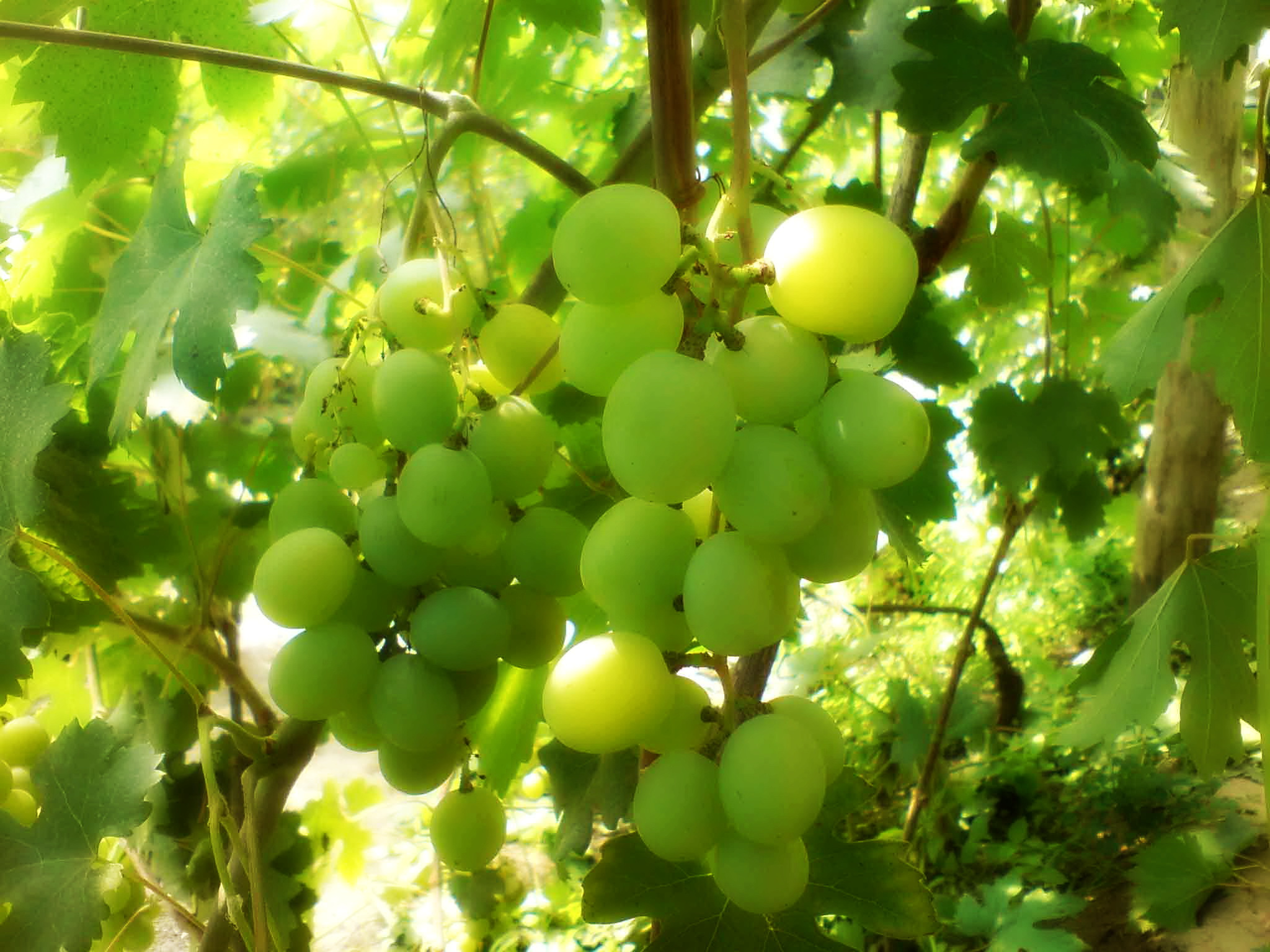
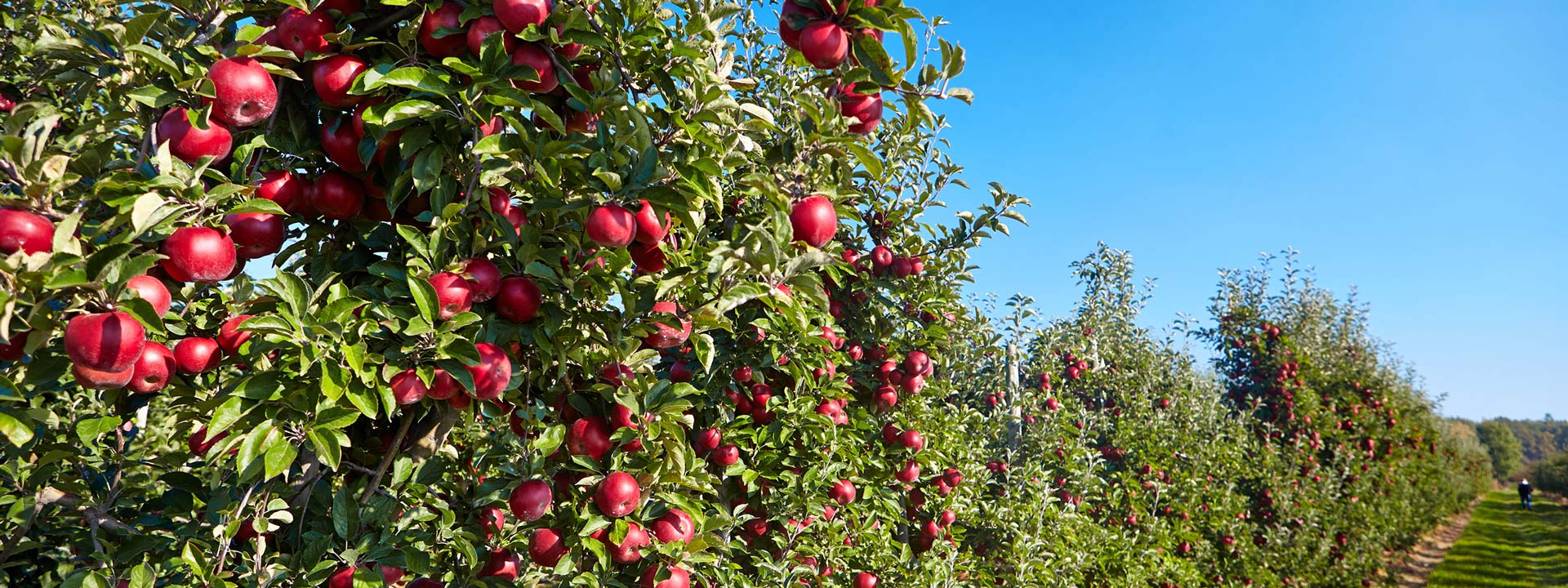
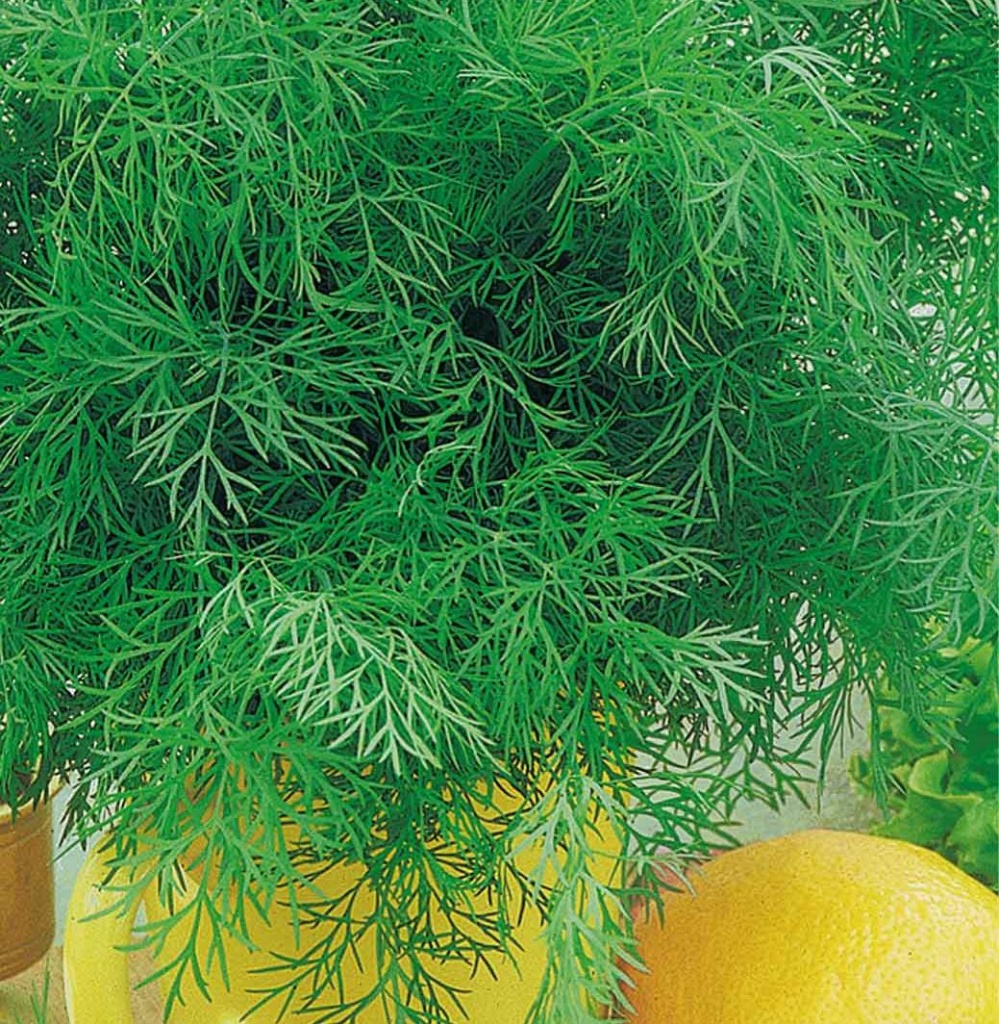
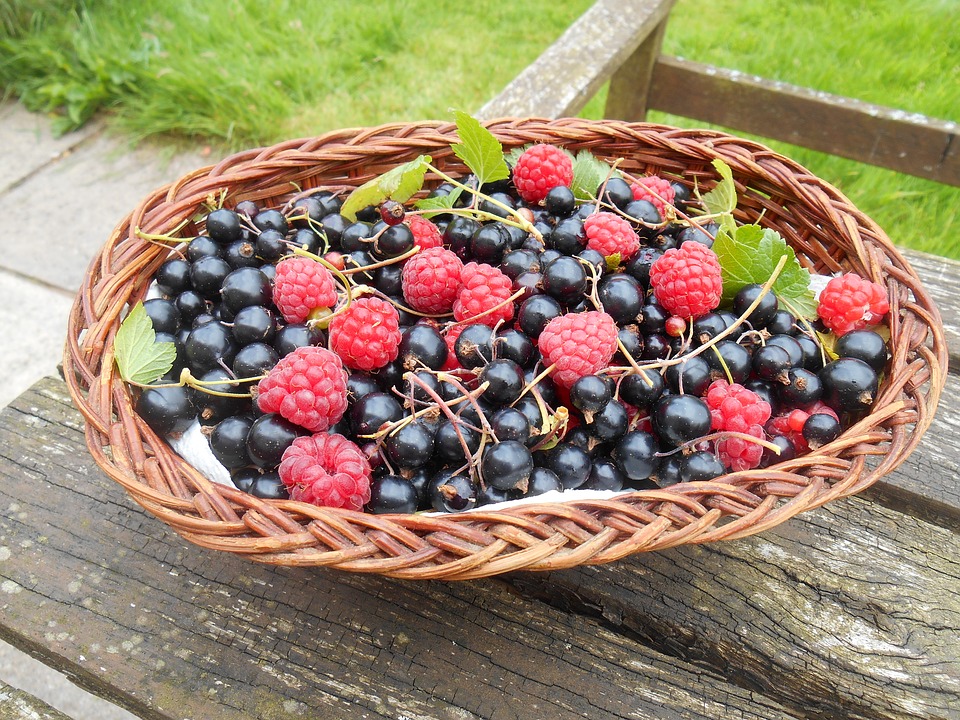
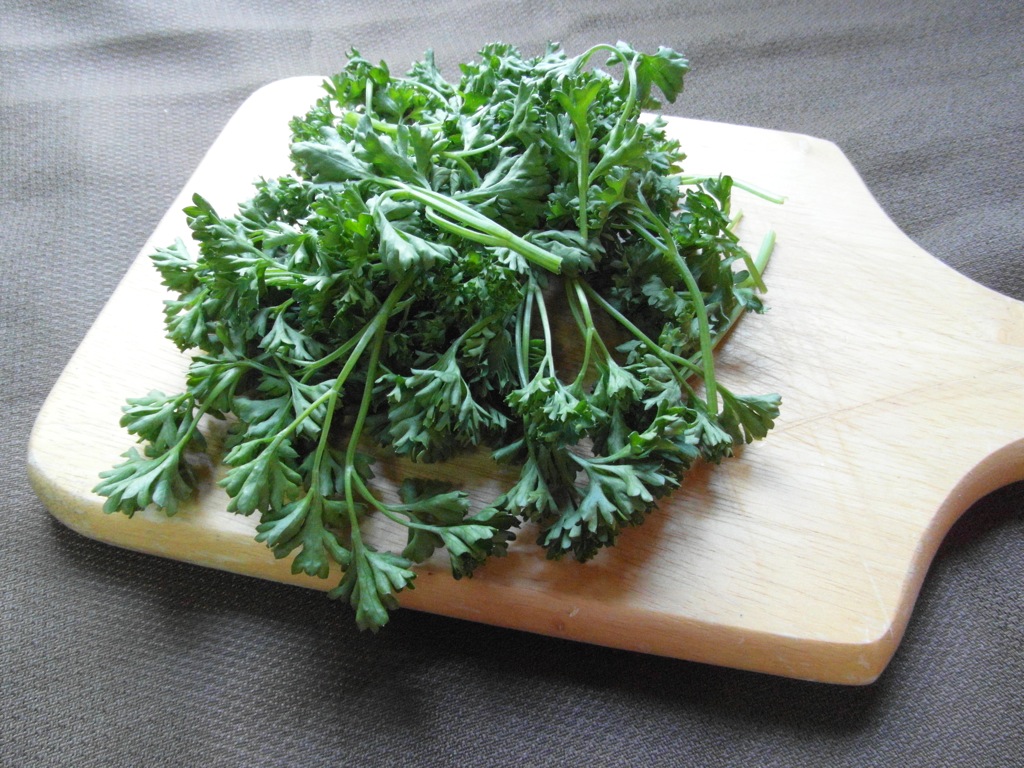
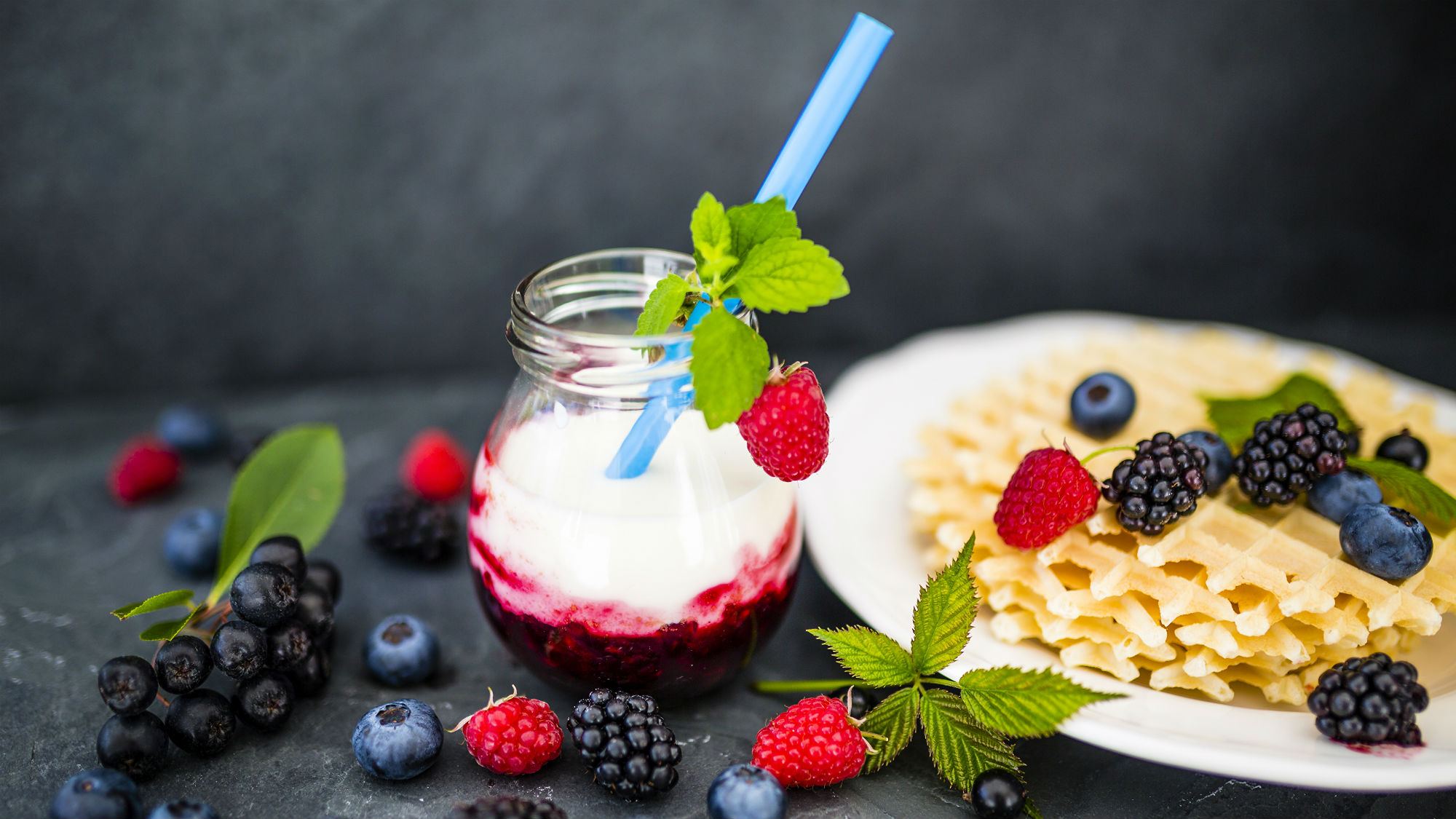
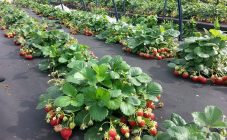
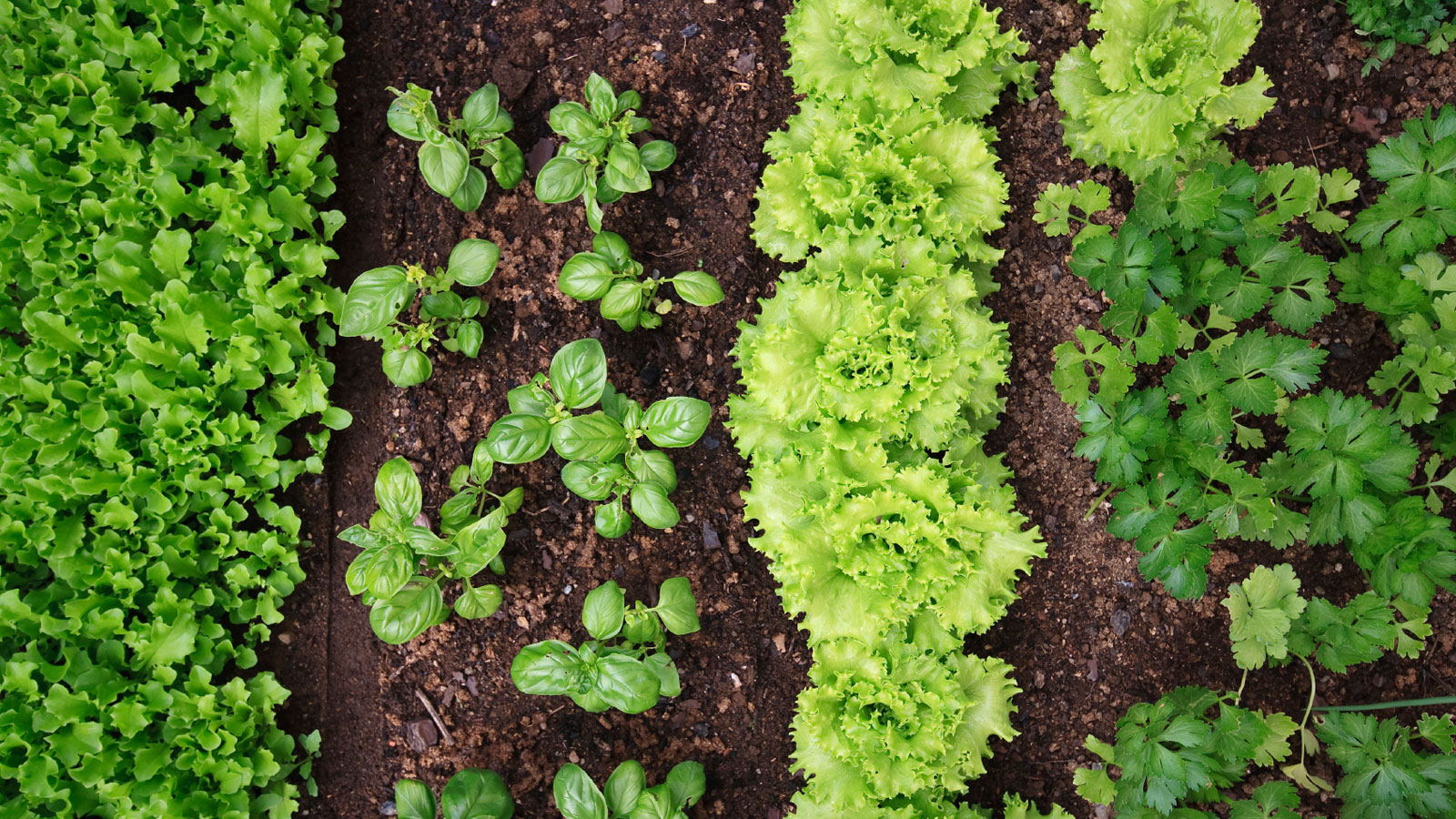
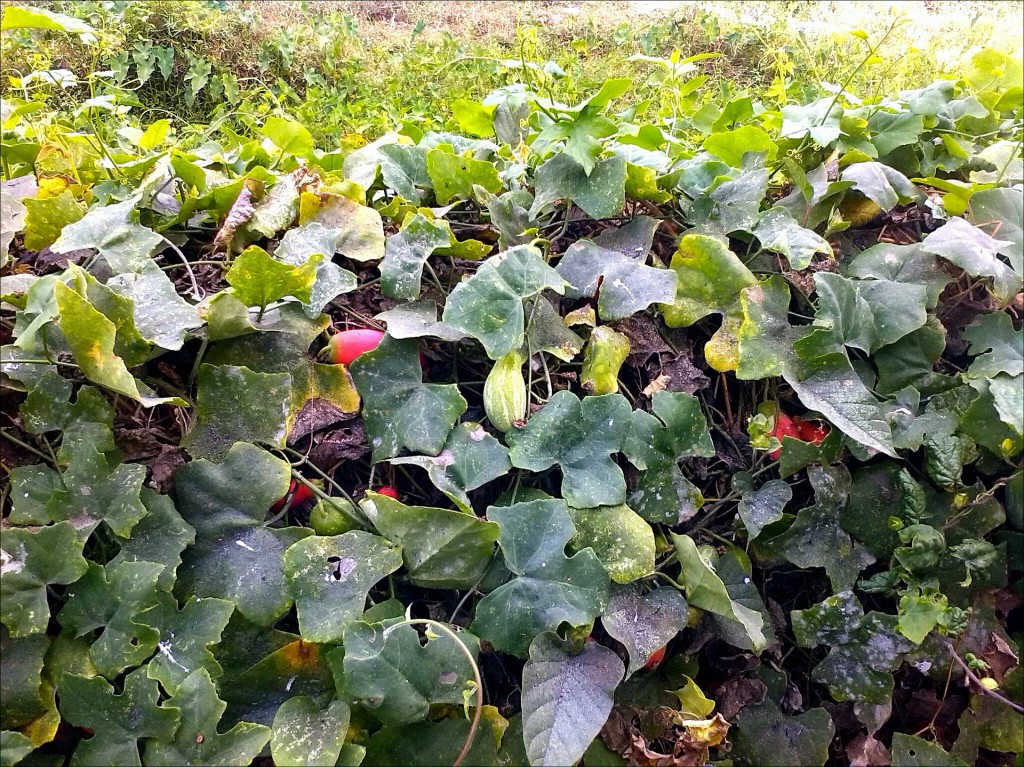
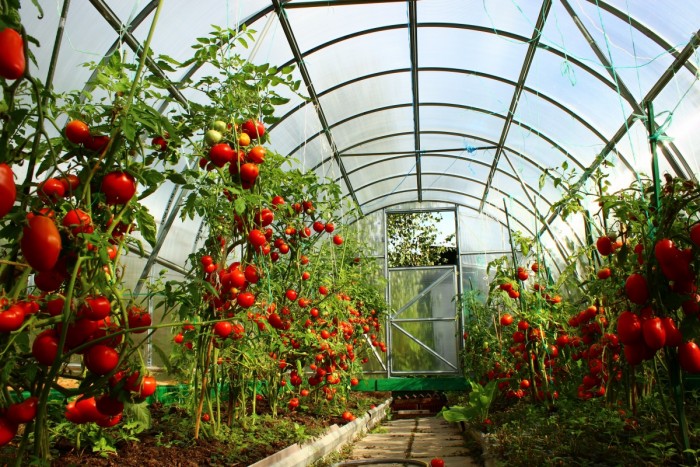
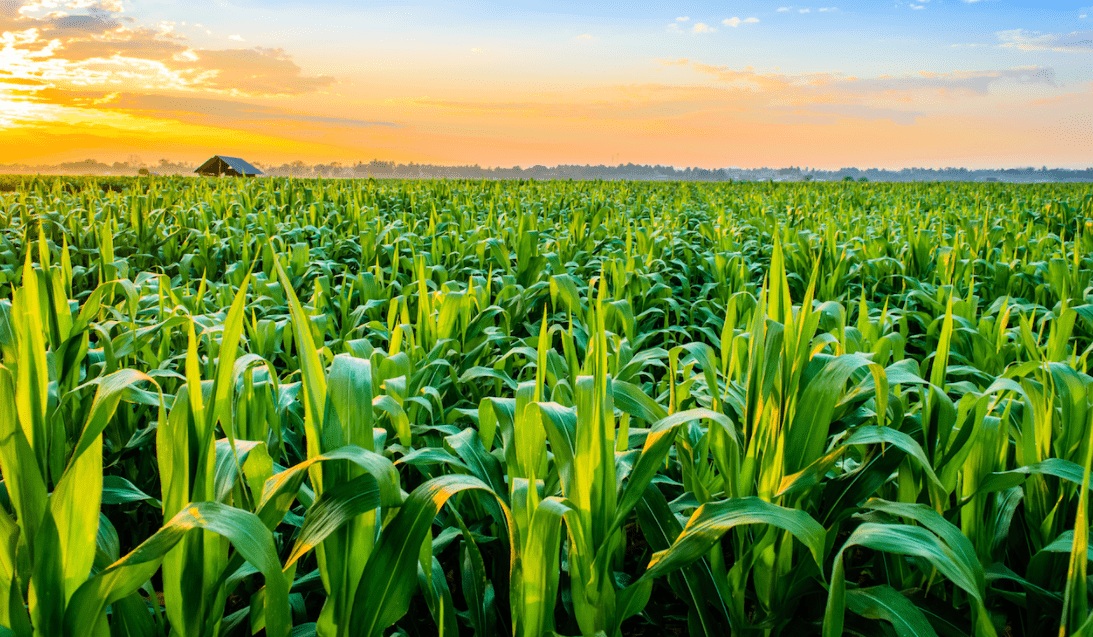
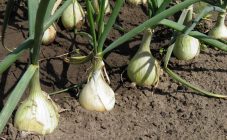







A raspberry bush and strawberries next to it grows in the country. When the time comes for the berries, it turns out that there is no harvest on either one or the other. I still didn’t understand what was the matter, but after reading the article I found out that they simply cannot make friends with each other and compete with each other. Now I plan to plant gooseberries next to the raspberries, and dig out the strawberries.
My grandmother always sowed a wide variety of greens around raspberries: dill, parsley, cilantro, basil, onions, garlic. Indeed, raspberries practically didn’t get sick. But it turns out that it is better not to plant parsley nearby. Although I did not notice that parsley somehow limits the growth of raspberries and this affects the taste of the berries.
And we were lucky! We did not know about compatibility, but parsley and strawberries grow far from raspberries, and next to it - currants, peaches and cherries. The information is very useful, because it can significantly increase the yield of raspberries.
Well, in our country house, dill grows almost everywhere. And so we plant watermelons with raspberries. There are a lot of raspberries and large watermelons. We planted potatoes for one year, and everything also changed. But with tomatoes and Victoria it is not that, the harvest was bad.
Well, it became clear why raspberries began to give less berries. Dad planted grapes next to her and he takes all the useful elements for himself. We bought our house recently, they did not know all the subtleties, so we will replant it.
For many years in my country house, raspberries have been growing next to gooseberries, black and red currants. I confirm the statement of the article that they are well compatible, the yield of both raspberries and currants is excellent.
The information is very useful, there are a lot of raspberries in the country, but next to it that I won't plant, it always turns out a bad harvest. Next year I will clearly follow your advice, I even wrote it out in my notebook.
Very helpful article. So far we are not planting anything in the garden next to the raspberries, but it grows so much and takes up a lot of space, we need to compact it with something. Thanks to the article I will know what exactly Thank you!
Thanks for the article, now I understand why there are no raspberries at all for three years. We will revise the site layout and do everything "according to the mind." Site authors might want to write articles and provide landing patterns there!
As you did not read carefully. It is written that parsley can be planted next to raspberries and it also scares away pests.